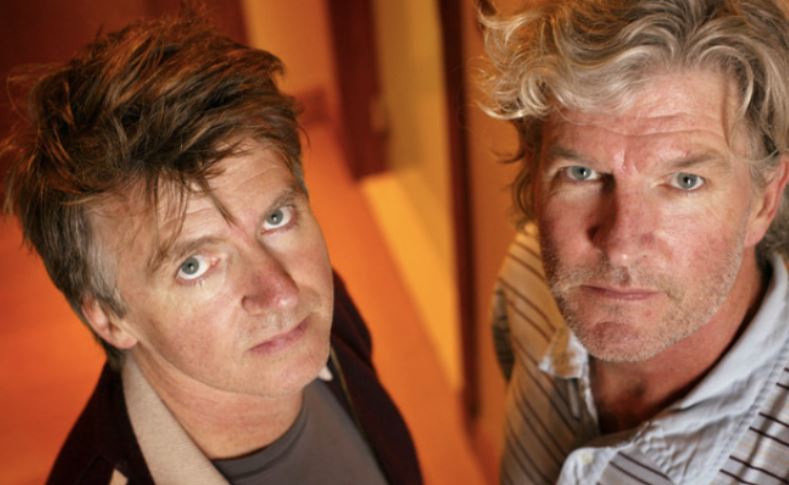Editorial note: Opinions expressed here are solely those of the blogger
Earlier today I was sitting at our dining room table, assembling a grocery list, like I do each Saturday. I had the 1975 album No Mystery by the Jazz-fusion group Return to Forever playing in the background via Spotify. Then, I heard a member of our family (I’m going to protect their identify) approaching so shut off the music. “Thanks for turning off that pretentious music,” they responded. I offered a knowing smirk in return.
If you’ve read this blog before you know I’m something of a music geek, especially Rock music. The truth is I know precious little about other genres, except Jazz, where, as they say, I know enough to be dangerous. I listen to Jazz primarily if I want background music, like during the day, when I’m working or if I want to quiet my mind while making dinner or performing another chore. But this one particular family member teases me every time they hear me listening to Jazz, calling it pretentious music. I keep wondering if our mutual shtick will go stale, but it hasn’t as of yet.
It’s funny because at some point during the past few weeks someone asked me to define pretentious for them and I struggled. You see, it’s one of those words that we all know but do we really know it? Without looking the word up I’d define pretentious, or its root, pretension, as focusing on an action, object and subject based on an anticipated reaction – basically doing something for effect. And I’m pretty close. “The use of affectation to impress; ostentatiousness,” according to Google.
But here’s the thing about pretention. Usually the word is associated with something of a higher quality or a person with a particular talent or ability. Even then, the line gets blurred. I don’t believe anyone would consider listening to the late great Eddie Van Halen’s guitar playing as pretentious. But if I started blaring Yo-Yo Ma I might be setting myself up for teasing, at least within my lovingly merciless family.
A couple of hours ago, I set off by myself on my bi-weekly Costo run. I was listening to The Current, a Twin Cities station affiliated with Minnesota Public Radio and heard the unmistakable voice of Tom Waits. Now, Tom Waits always has struck me as one of those artists with super fans. While I’m not one of them, I do consider him an artist that impresses me to no small end for what I see as his evocative abilities. You listen to 10 seconds of a Tom Waits song and you’re immediately transported to a smoky bar, dark alley or seedy motel room
But as I drove and listened to Tom Waits I wondered if the very act of doing so might be pretentious. Even though there was absolutely no one else around. If someone told me the artist I had actually been listening to was Michael Bolton, would I decide I hated the song?
This whole exploration of pretension got me thinking about a phrase I’d heard several years go – “it’s not about what you like but what you’re like.” Which I interpret as don’t worry about what other people think, even if they’re members of your own family. Listen to what you want to listen to, read what you want to read, watch what you want to watch. Forget about concepts like “guilty pleasures” and just enjoy. Or educate. Or inform. Basically, remember that when seeking enrichment it’s about us, not them.










